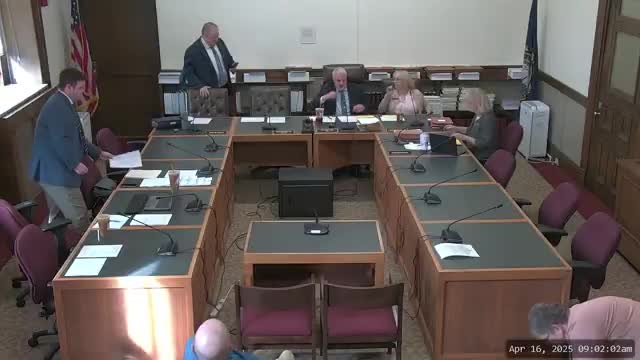Article not found
This article is no longer available. But don't worry—we've gathered other articles that discuss the same topic.
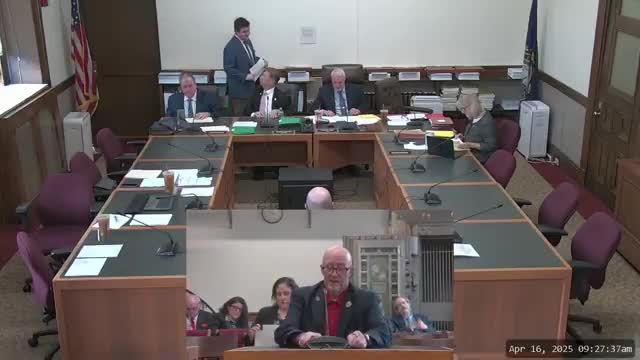
House Bill 445 would form a commission to study law enforcement recruitment and retention; unions, sheriffs and training officials support broader membership
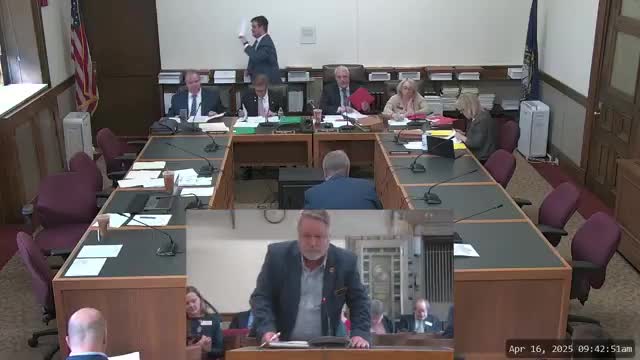
Families and advocates urge keeping a separate Autism Spectrum Disorders council; opponents earlier sought repeal
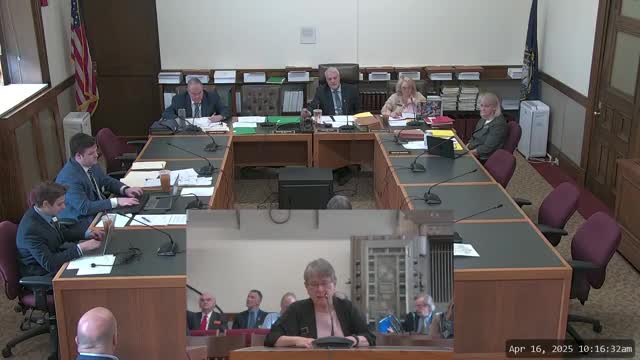
Bill to change advisory-board membership for public deposit investment pool advances after amendment adding executive-council review
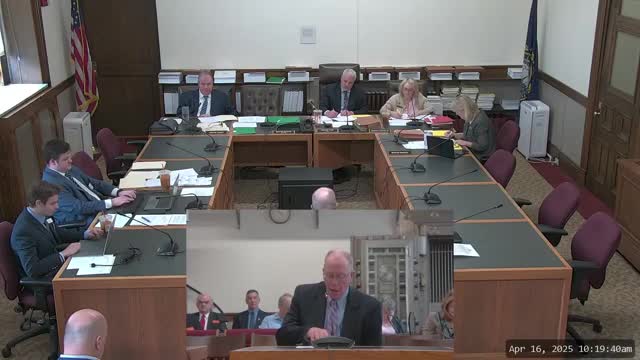
Senate committee hears bill to keep a single statewide building code while allowing municipal administrative variations
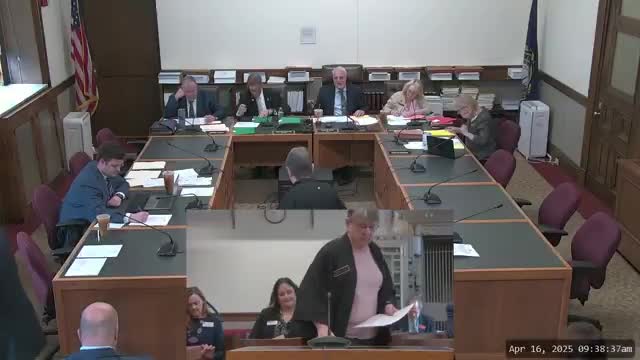
Bill would create legislative committee to assess state agency data formats and sharing
